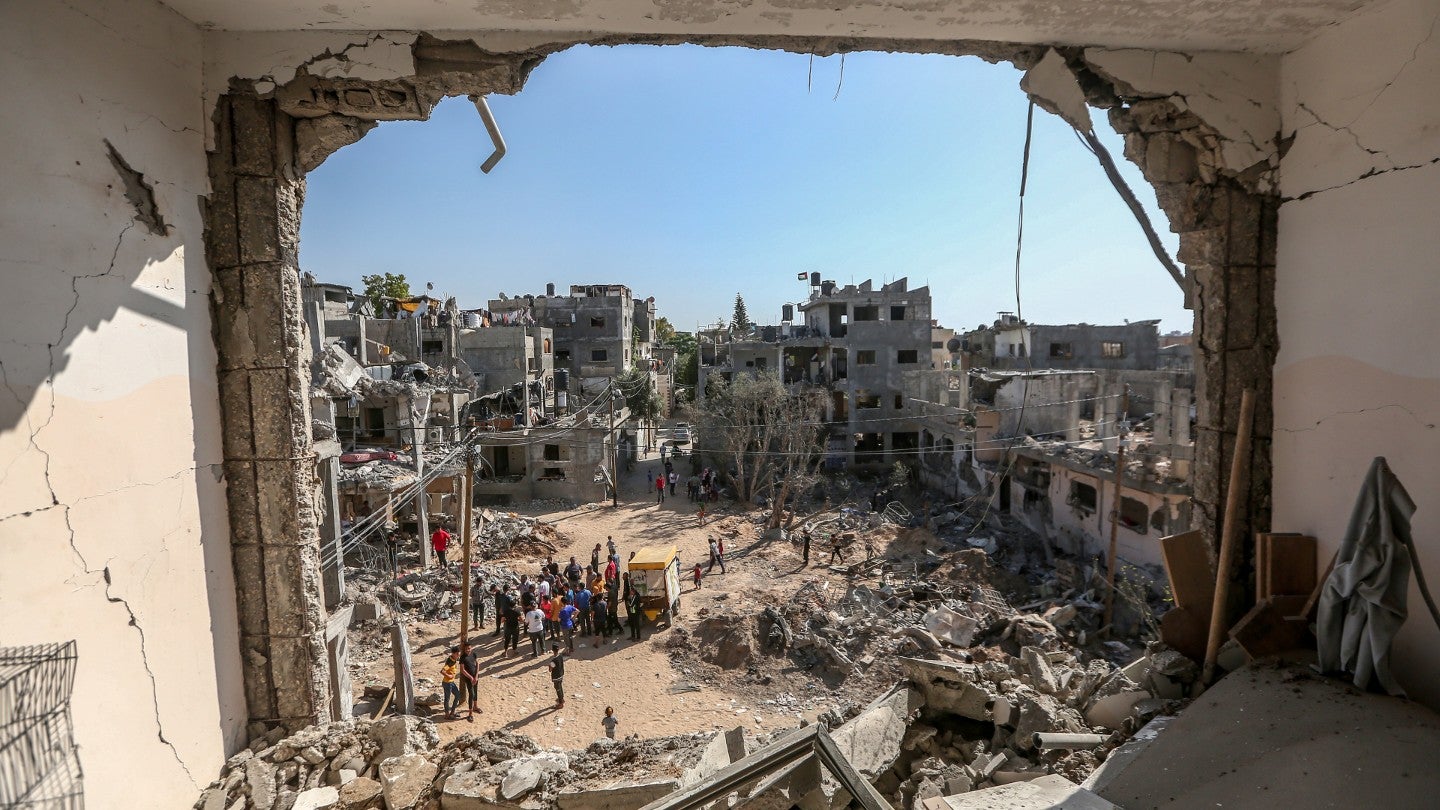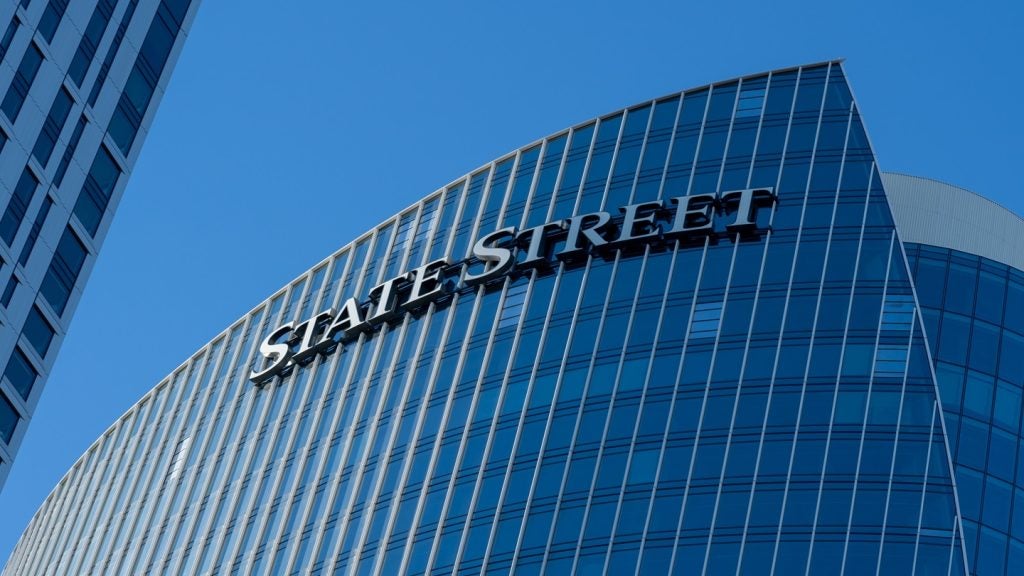
Ten months on and Israel’s aerial bombardment of Gaza shows no signs of abating – nor do ceasefire talks show any tangible sign of delivering an agreement.
Israel’s offensive has targeted residential areas, hospitals, schools, refugee camps, water and electricity infrastructure, churches, mosques and civilians themselves – a charge of which Prime Minister Benjamin Netanyahu and Defence Minister Yoav Gallant stand accused by the International Criminal Court (ICC). Their campaign has now killed more than 40,000 people across Gaza.
Talk of reconstruction may seem futile, not to mention desensitised when it comes amid constant Israeli airstrikes and escalating blows between Israel, Iran and Lebanon’s Hezbollah militia.
Hardball from both Hamas and Israeli officials has left analysts unoptimistic about ongoing, Egypt-, US- and Qatar-mediated ceasefire talks in Cairo, which US Secretary of State Antony Blinken has described as “probably the best, maybe the last opportunity” for a deal.
Reconstruction planning does, however, add specificity to the vision of restored peace in Gaza – and begin groundwork for what will be one of the most complex post-conflict restorations since the turn of the century.
What is the extent of the damage in Gaza?
70% of the buildings in Gaza have been damaged or destroyed since Hamas attack last October, including more than 70,000 housing units, according to the UN’s humanitarian office.
This has left more than 42 million tonnes of debris across the Gaza Strip – enough rubble to fill a line of dump trucks from Singapore to New York, per Bloomberg. Its removal could cost as much as $700m, complicated by undetonated explosives, toxic contaminants and human remains under the debris.
International humanitarian law is firmly based on the distinction between military and civilian objects. The Israel Defense Forces’ (IDF) disregard for this distinction constitutes a “war crime”, according to Balakrishnan Rajagopal, the UN Special Rapporteur on the right to adequate housing.
“Carrying out hostilities with the knowledge that they will systematically destroy and damage civilian housing and infrastructure, rendering Gaza City uninhabitable for civilians is a war crime,” Rajagopal said.
It was Rajagopal who coined the term ‘domicide’ to describe targeting of infrastructure in Gaza, to which specialist IDF units have been dedicated, investigations have uncovered.
How would Gaza’s reconstruction unfold?
Ceasefire negotiations have gone hand-in-hand with reconstruction talks.
A joint statement by the US, Egypt and Qatar described last week’s talks in Doha as “serious and constructive”. Talks will continue this week in Cairo.
Qatar has positioned itself as the leading benefactor after previous rounds of fighting in Gaza.
While other Gulf states, the US, EU and Japan pledged recovery funds following conflicts in 2008 and 2014, Qatar consistently followed through on pledges to directly invest in roads, hospitals, residential blocks and other infrastructure projects.
Qatari grants, backed by the oil- and gas-rich nation’s $475bn sovereign wealth fund, have amounted to hundreds of millions of dollars since Hamas took power of Gaza in 2007.
A cycle of violence has ensued, and now potentially key contributors to Gaza’s reconstruction say they are reluctant to donate without a clear path to a peaceful, political solution.
Despite the US voting against a proposal to fund reconstruction in June, Washington is as usual expected to foot a significant chunk of the bill – and pressure the Israelis to follow suit, as happened to a lesser degree in 2010, when Israel agreed to compensate the UN Relief Works Agency for Palestinian Refugees in the Near East (UNRWA).
Money will power Gaza’s reconstruction, but the immediate situation at hand transcends foreign funding. All eyes remain fixed on the diplomatic efforts in Cairo and Doha, and whether a ceasefire deal can be reached before Israel’s deadly offensive reaches the one-year mark, leaving little of Gaza to reconstruct at all.







